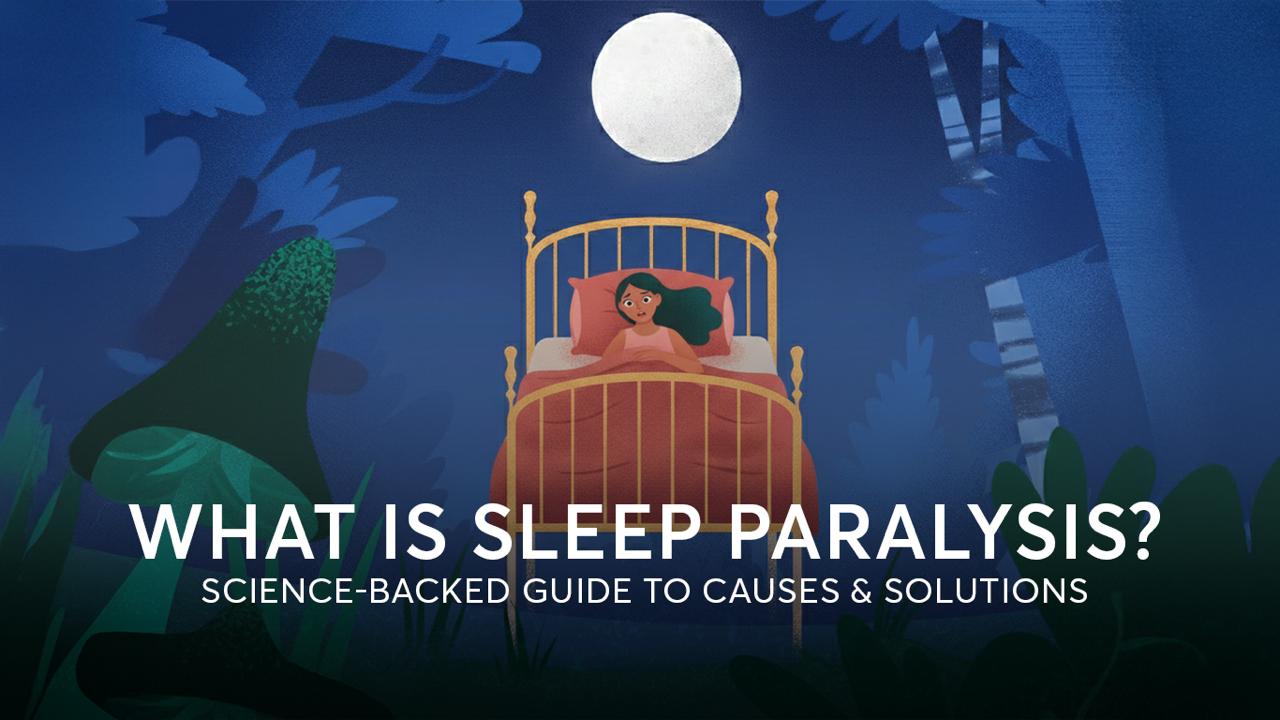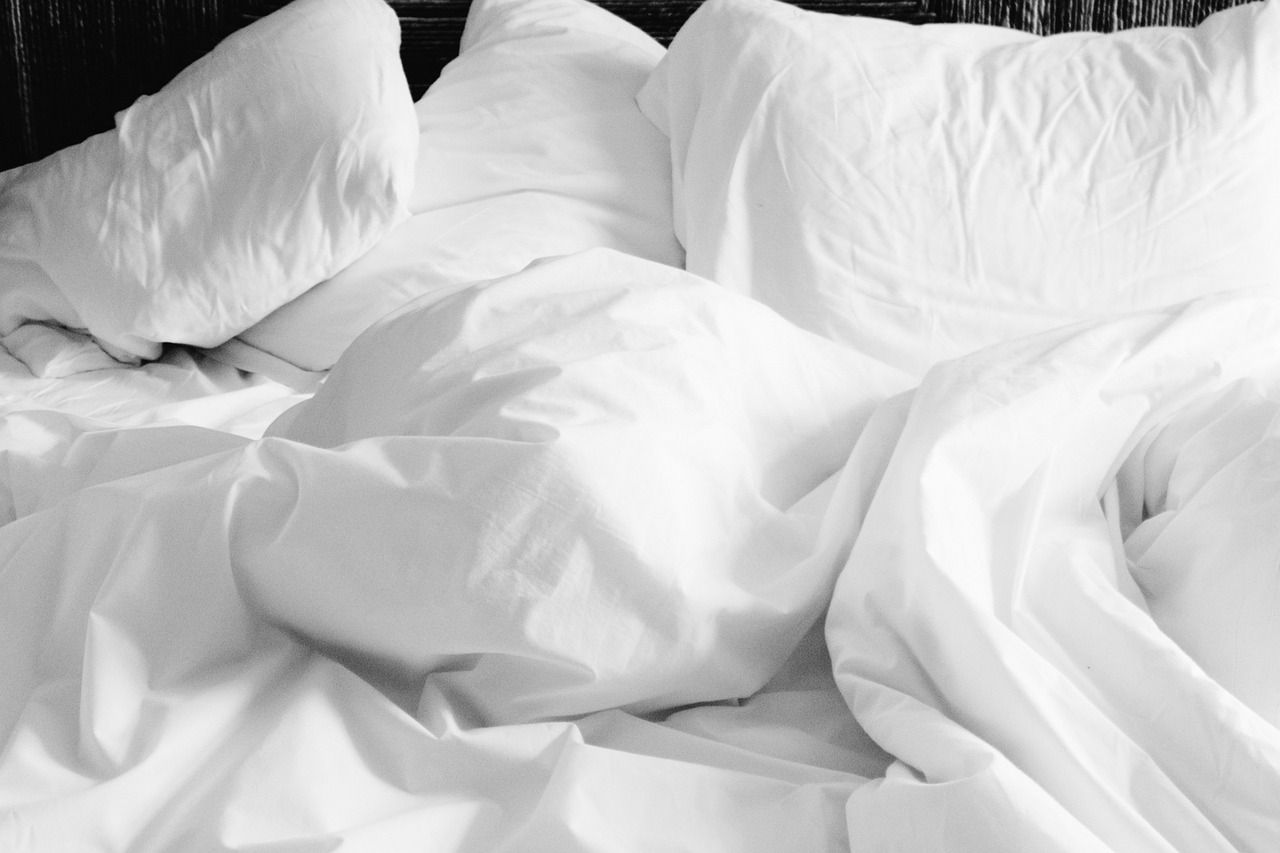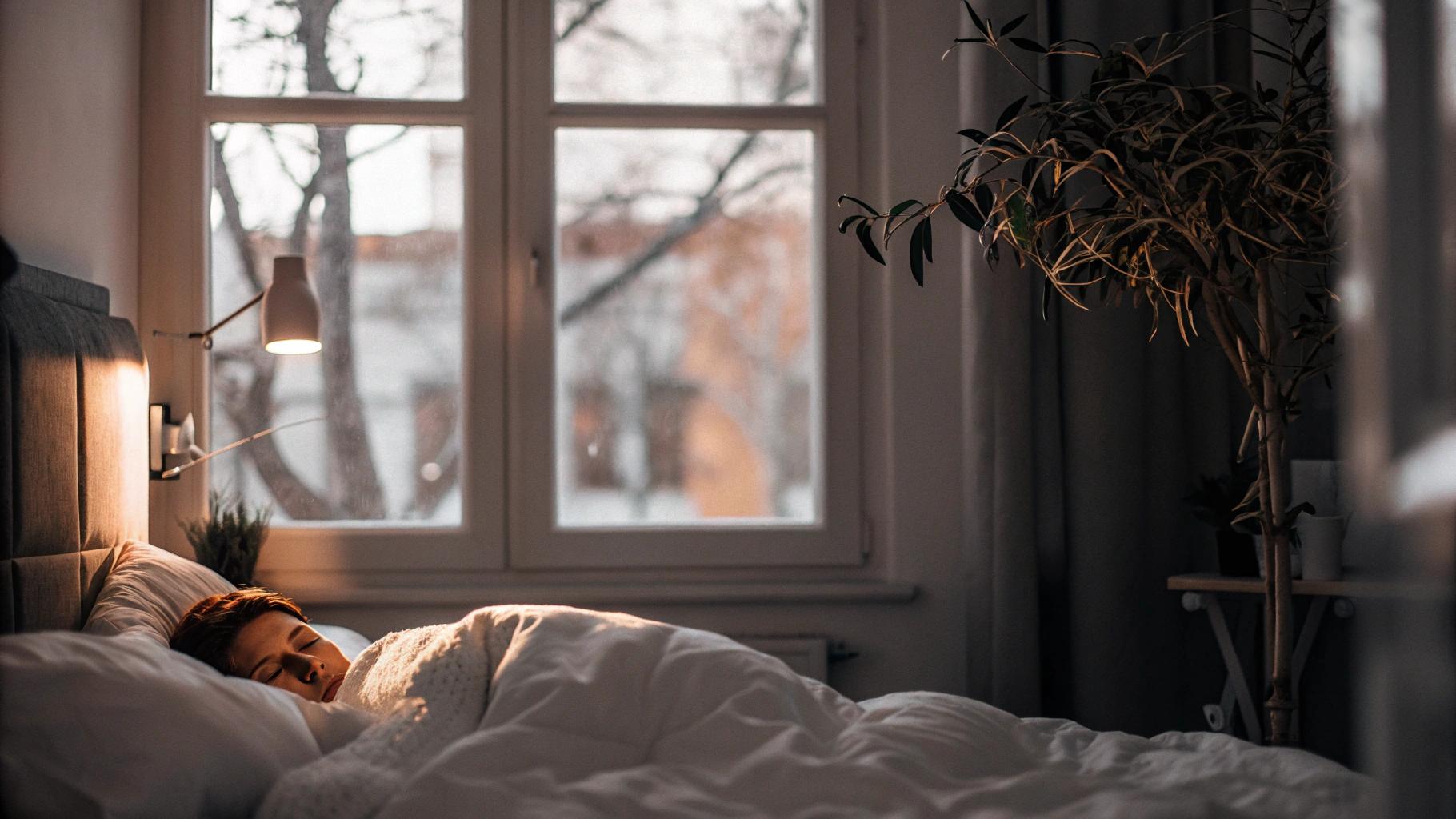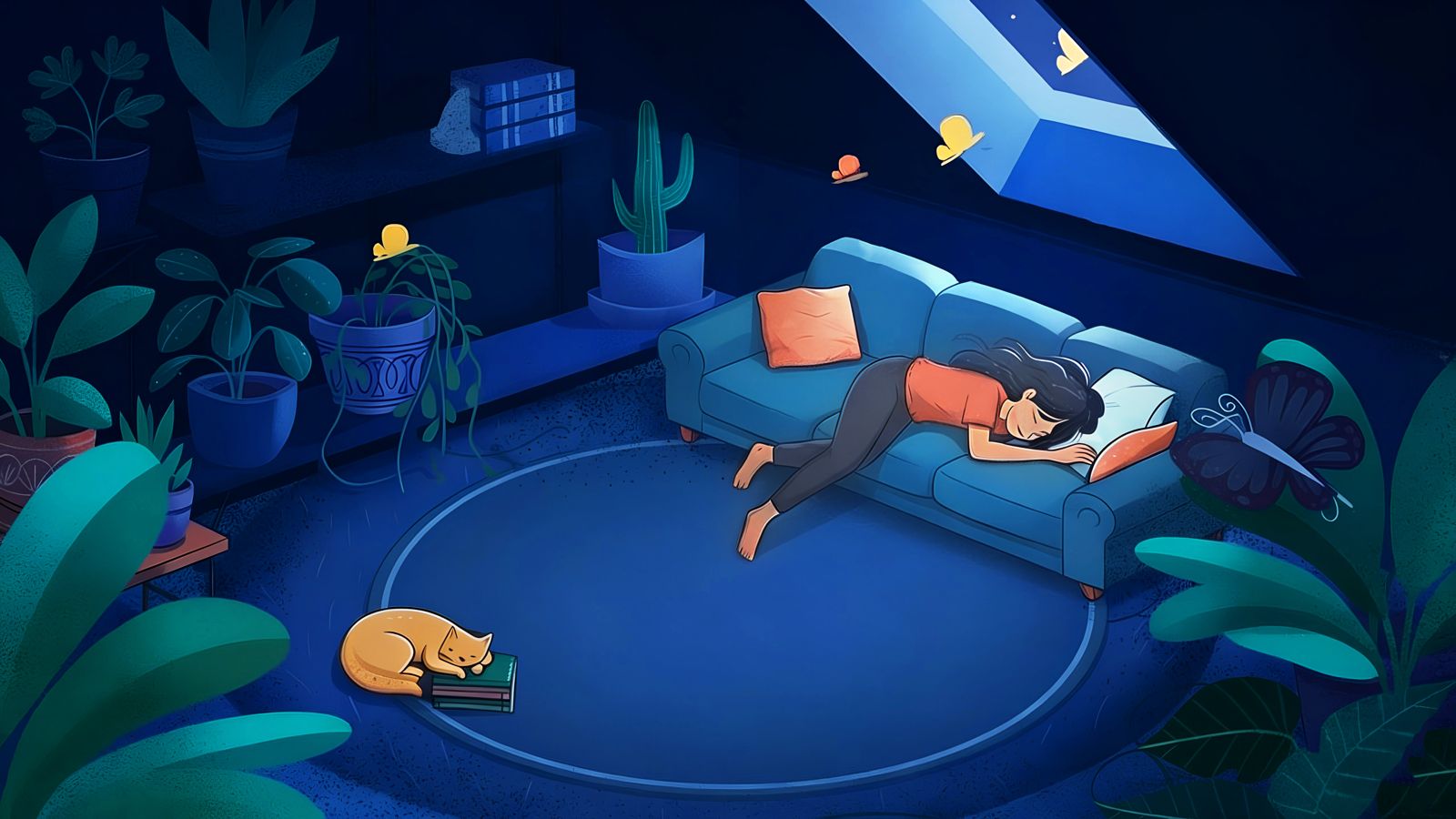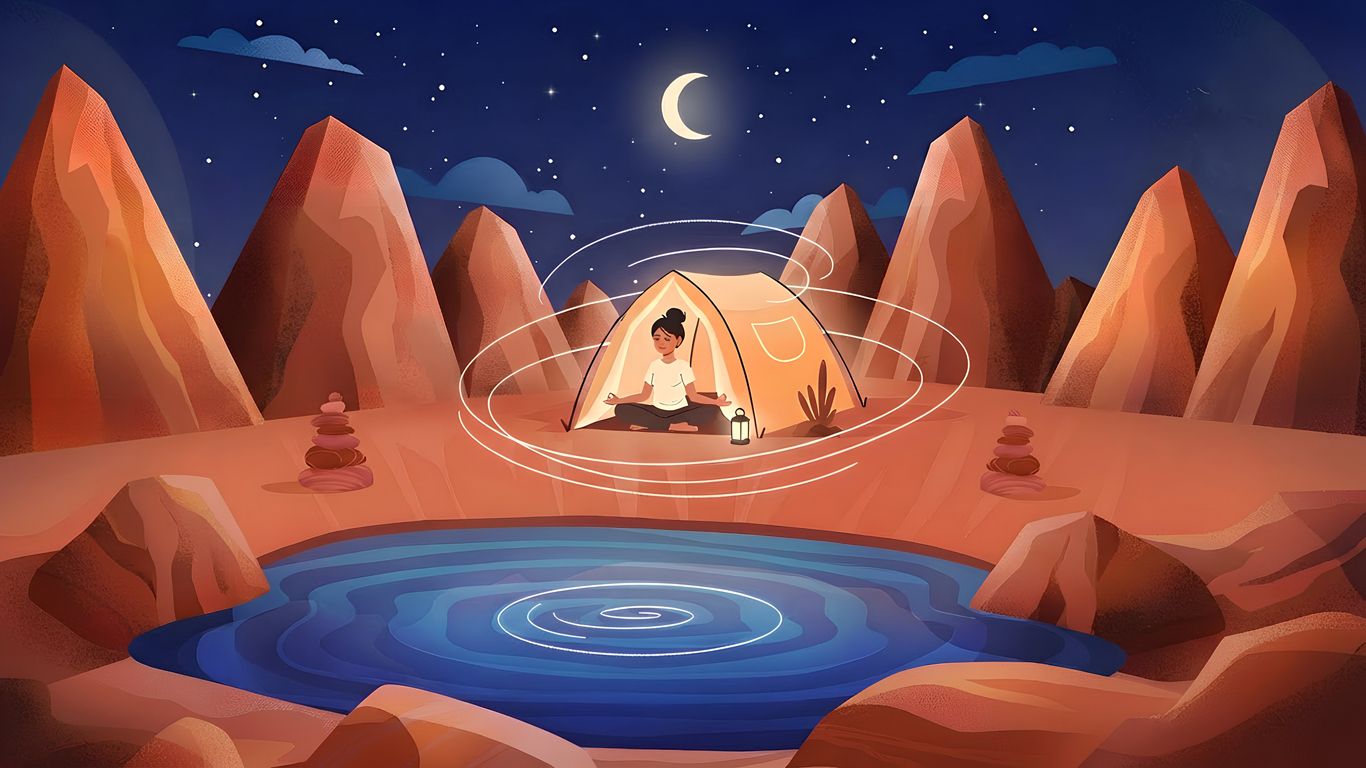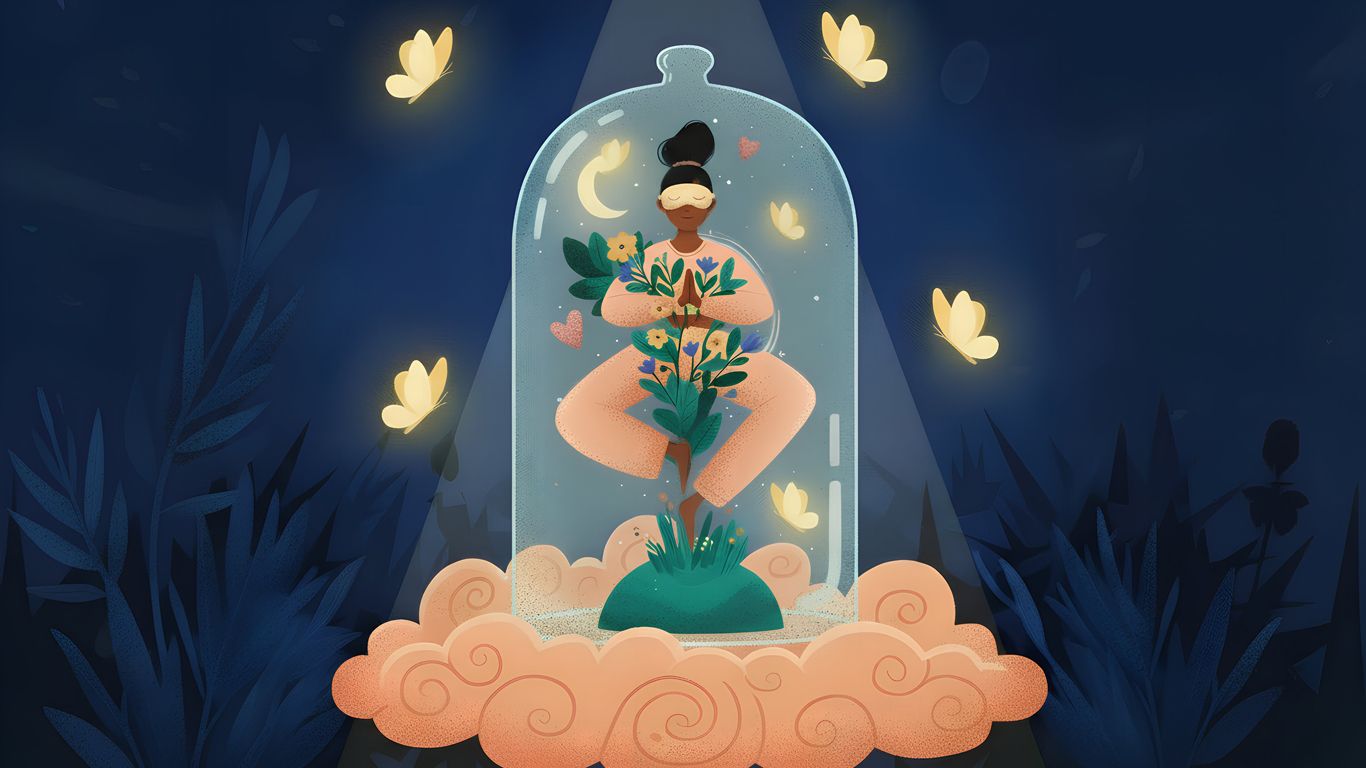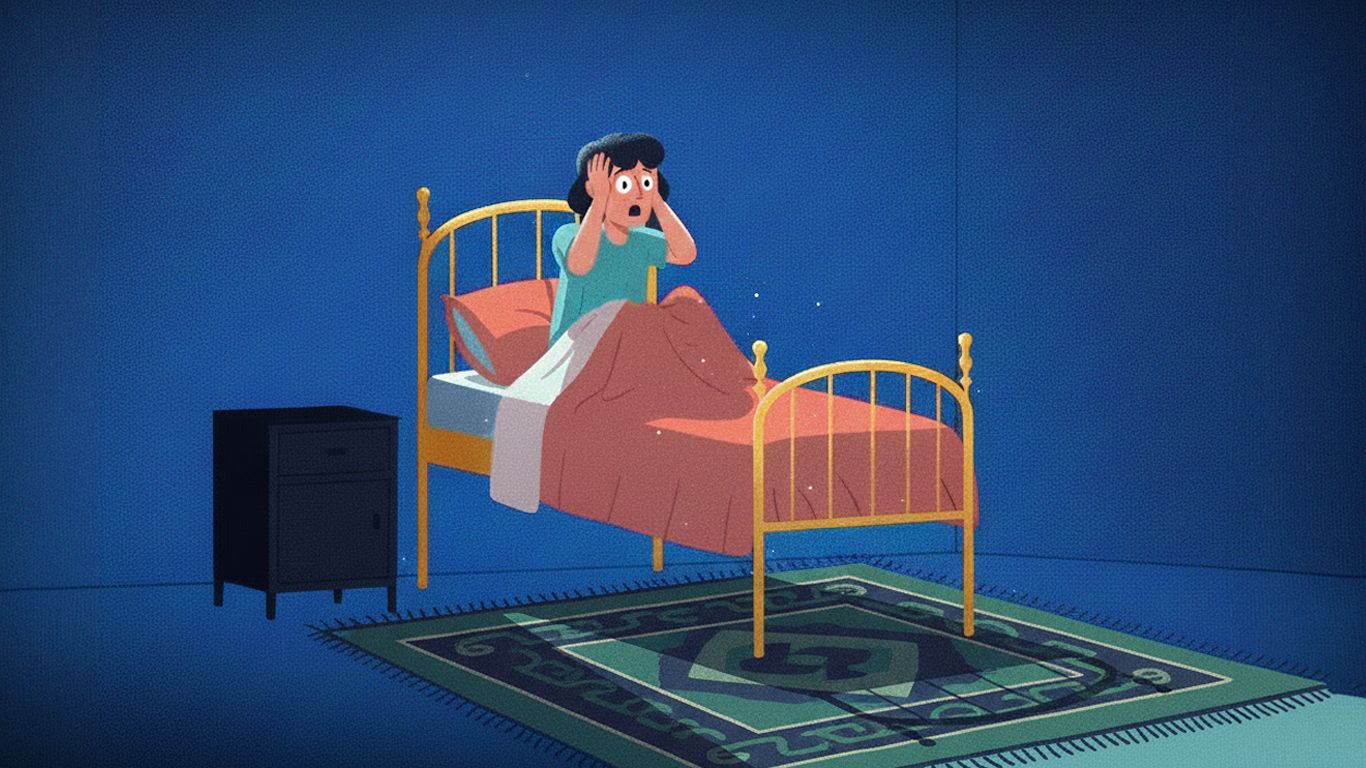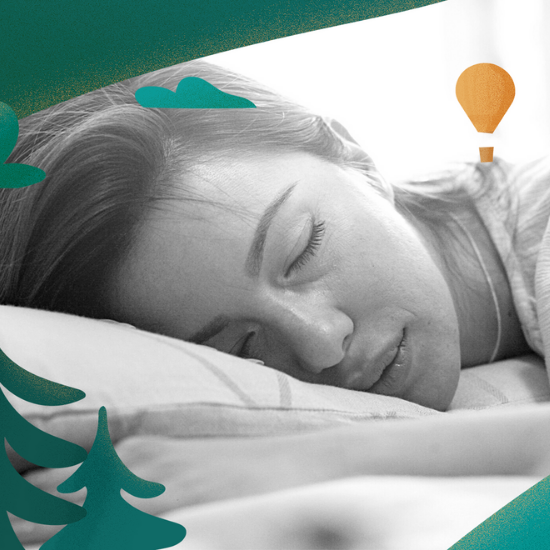
What Effect Does Sleep Have On Mental Health?
Insomnia is a common problem worldwide. The latest data from the America Sleep Foundation states that 50 to 70 million Americans are affected each year. Even those who don’t suffer full-blown insomnia, report struggling to fall asleep on frequent occasions.
Getting a healthy amount of sleep enhances well-being and leads to a productive day. Not getting enough can cause irritability, stress and lead to a decline in mental health.
How Does Sleep Relate to Mental Health?
Sleep and mental health are closely related. A bad sleep pattern impacts mental health. And living with a mental health problem can reduce the quality of sleep.
Feeling stressed or anxious can prevent you from sleeping. This leads to tiredness, difficulty coping with the day, low self-esteem and more worry and stress. This cycle is a horrible place to be, but can be turned around with the right sleep schedule.
Problems Caused by a Lack of Sleep
Not getting enough sleep often causes a range of mental and physical problems such as:
- Feelings of anxiousness and depression
- Can trigger mania or psychotic episodes
- No energy to go out, so leading to feelings of loneliness
- Become irritable and short with the people around you
- Not able to concentrate at work or on simple tasks
- Chronic sleep deprivation increases the risk of health problems like obesity, high blood pressure, stroke, heart failure and a weak immune system


Tips to Improve Sleep Quality and Quantity
The good news is that there are simple ways to improve sleep quality and quantity. While sleep isn’t a quick fix for mental illness, getting more of it and better quality, goes a long way to relieving symptoms.
For insomnia sufferers, there are treatments such as cognitive behavioral therapy (CBT) which has shown positive results. If you struggle to fall asleep on a regular basis, talk to your doctor about the options. They may even suggest a sleep study to see what is going on.
Another option is to download a sleep app such as BetterSleep. This platform includes:
- Relaxing sounds like binaural beats, ASMR, white noise and nature sounds
- Sleep hypnosis for anxiety and to promote a deep, restful sleep
- Guided meditations to release stress
- Breathing techniques to calm the mind
- Sleep moves to help you wind down
- Bedtime stories to transport you to another world
Tackling sleep problems early on is essential to protecting your mental and physical health. Making small lifestyle changes like eating well, exercising more, eliminating napping during the day and meditating before bedtime with the BetterSleep app will help you to feel better and sleep better.
